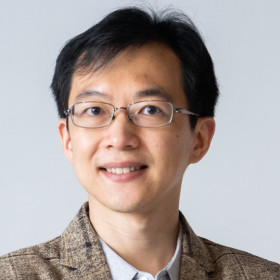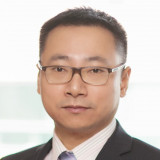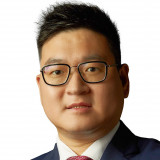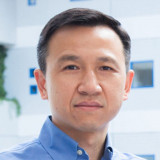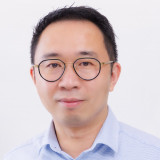Biography
- Associate Professor in Department of Physics at The Hong Kong University of Science and Technology
- Research interests include cosmology and high energy physics
- RFS project — seeks to leverage the bootstrap method to calculate the predictions of cosmological collider phenomenology accurately, enabling comparisons with next-generation cosmological experiments. Additionally, it aims to generalize current bootstrap results to more general cosmological backgrounds, testing the expansion history of the primordial universe and addressing the fundamental question "where do we come from"
- Awards and Honours:
- RGC Research Fellow (2024)
- Exemplary Figures of China Science Communication Creators (2023)
- Academy of Education Excellence Fellowship (2023)
Project Title
- Cosmological Collider Physics in Light of Bootstraps
Award Citation
Professor Yi Wang is a Professor at the Department of Physics, HKUST. He was awarded the RGC Research Fellow in 2024 to recognize his research project on the Cosmological Collider Physics in Light of Bootstraps.
The high energy of the primordial universe provides a unique opportunity to study high-energy particle physics through cosmological observations. However, the existence of numerous primordial universe models poses a challenge in extracting model-independent information. The cosmological collider approach, pioneered by Xingang Chen and the PI, aims to solve this problem by making predictions independent of the details of these models, such as the mass, spin, parity and lifetime of the primordial heavy particles.
The precise calculation of cosmological collider physics is very difficult. Recently, the emergence of the cosmological bootstrap method has made precise computations possible. This proposal seeks to leverage the bootstrap method to calculate the predictions of cosmological collider phenomenology accurately, enabling comparisons with next-generation cosmological experiments. Additionally, it aims to generalize current bootstrap results to more general cosmological backgrounds, testing the expansion history of the primordial universe and addressing the fundamental question "where do we come from."
Beyond research objectives, this proposal also aims to train young talents in Hong Kong and promote science for the public.


